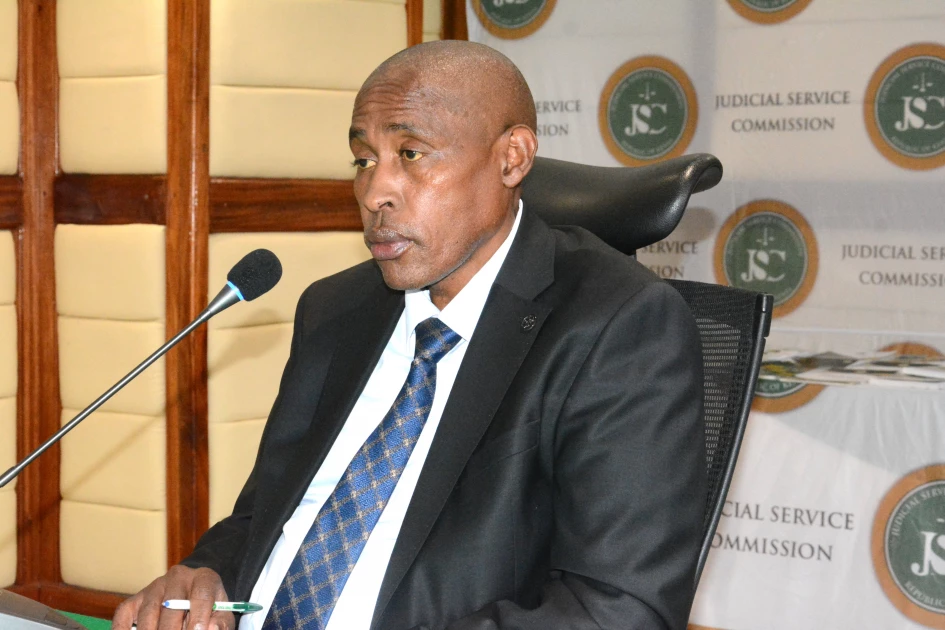High Court Judge Alexander Muteti has raised concern over the severe shortage of judicial officers, warning that justice will remain out of reach for many Kenyans unless urgent staffing gaps are addressed.
Speaking during an event to mark the Day of Delayed Justice, Muteti said only 96 High Court judges are currently serving across the country, a number he described as inadequate to handle the growing number of pending cases.
“Sixty-three years after independence, how do you run a judiciary with just 96 judges?” he posed.
He revealed that each judge is handling up to 450 cases annually, a workload that makes it difficult to deliver timely justice. “At that rate, a judge will do very little in a year,” Muteti noted.
While acknowledging that technology has helped ease some of the pressure, he said it cannot substitute the need for more judges. He said efforts to recruit at least 20 more judges are underway, but the number remains far from what is needed. “That’s just a drop. If you don’t have the numbers, then you don’t have a solution,” he said.
Muteti praised the increased use of virtual courts, which now account for nearly 70 percent of proceedings, as an important step in addressing delays. He challenged the Office of the Director of Public Prosecutions to adopt remote witness testimony as a standard practice.
“Time has come that you don’t have to transport witnesses to Nairobi or any court to testify,” he said. “Why not log in from your offices and let them testify remotely? It removes delays and frustrations.”
He also criticised the Independent Policing Oversight Authority for failing to ensure full protection of witnesses in cases involving police brutality and extrajudicial killings
. “If IPOA investigates cases and your witnesses are roaming around in town, you will fail. Witnesses must be protected to give evidence freely,” he said. “Many are afraid of testifying against police officers; those are real-life challenges we must address.”
At the same event, IPOA Chairperson Ahmed Isaack Hassan supported Muteti’s concerns, saying the police service has not fully accepted civilian oversight. “The police force has not fully accepted civilian oversight,” Hassan said.
“We still have a long way to go. Having civilian investigators is in itself a challenge, and we face a lack of cooperation in many instances.”
He added that IPOA often gets cooperation only when a case draws strong public attention. “You will see temporary openness,” he said.
